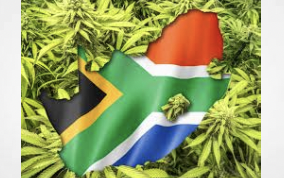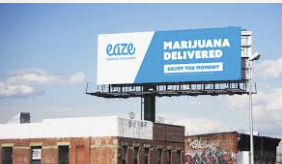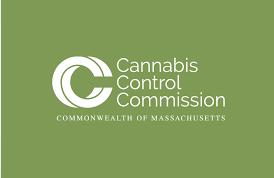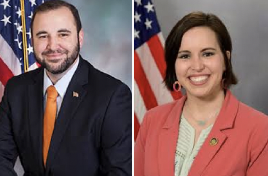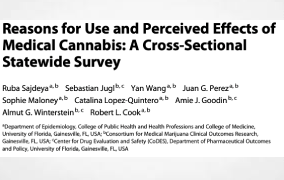Governors and legislative leaders urged to preserve and ensure cannabis access amid social distancing
Washington, D.C. — In response to escalating efforts to slow the spread of COVID-19 by social distancing, the Marijuana Policy Project and other organizations have released an open letter urging governors and legislative leaders to take necessary actions to ensure continued safe access to cannabis in a way that is consistent with public health.
In states with legal medical cannabis, the letter recommends state leaders declare medical cannabis businesses “essential,” allow medical cannabis delivery, online ordering, and curbside delivery, ensure individuals are allowed to consult with physicians by telemedicine, and extend the expiration date of medical cannabis cards until after the crisis has abated, among other recommended actions. The letter sent to leaders of states with medical cannabis or cannabidiol laws can be found here.
In a separate letter, the Marijuana Policy Project and other organizations recommend that similar measures should be implemented in states that also have adult-use cannabis laws. The letter notes the importance of declaring all cannabis businesses “essential,” as most adult-use consumers are using cannabis for therapeutic purposes.This includes many veterans due to a Veterans Affairs policy against VA physicians providing medical cannabis certifications. The letter sent to leaders of states with both medical cannabis and adult-use laws can be found here.
In addition to the Marijuana Policy Project, Doctors for Cannabis Regulation, Law Enforcement Action Partnership, Veterans for Natural Rights, and Veterans Cannabis Project signed onto both letters. The Epilepsy Foundation signed onto the medical letter.
States and jurisdictions have already taken some of these important actions. Coupled with orders for all non-essential businesses to close, New York, Nevada, Pennsylvania, and the cities of Los Angeles and San Francisco affirmed medical cannabis dispensaries are “essential” businesses and can remain open, while also practicing self-distancing. Other states, such as Illinois, Louisiana, and Michigan, have implemented measures that allow for curbside pick-up and/or expanded delivery options. The Marijuana Policy Project is tracking state measures to preserve access in light of COVID-19 here.
Statement from Steve Hawkins, Executive Director at the Marijuana Policy Project:
“Throughout the course of this pandemic, it remains vital for state leaders to ensure patients can safely access medical cannabis. Hundreds of thousands of Americans have adopted cannabis into their treatment regimens. Many of those same people have compromised immune systems or a serious medical condition. During this crisis, patients should not have to fear the prospect of losing access to a treatment option that is essential to their wellbeing.”
Statement from Laura Weidner, Esq., Vice President of Government Relations & Advocacy at the Epilepsy Foundation:
“For individuals living with epilepsy, timely and continued access to all treatment options, including medical cannabis, that work to control or reduce their seizures is critical. To change, limit, or deny access to a treatment option that works for an individual can be dangerous and lead to breakthrough seizures and related complications including accidents, injuries, and avoidable hospitalizations that further burden the health care system in this critical time.
“In some cases, a sudden loss of access to a successful treatment option could lead to an untimely death. While not everyone with epilepsy would or should consider medical cannabis as a treatment option, those who successfully do so in consultation with their healthcare providers must not lose access.”
Statement from Doug Distaso, Executive Director at the Veterans Cannabis Project:
“It’s critical that the men and women who bravely served their country can continue to count on receiving the life-saving medical treatments used for PTSD, chronic pain, and the other wounds of war. Like any patient who relies on widely available medical treatment options, veteran patients need assurance their access to cannabis is not unnecessarily and unfairly limited during this crisis.”
